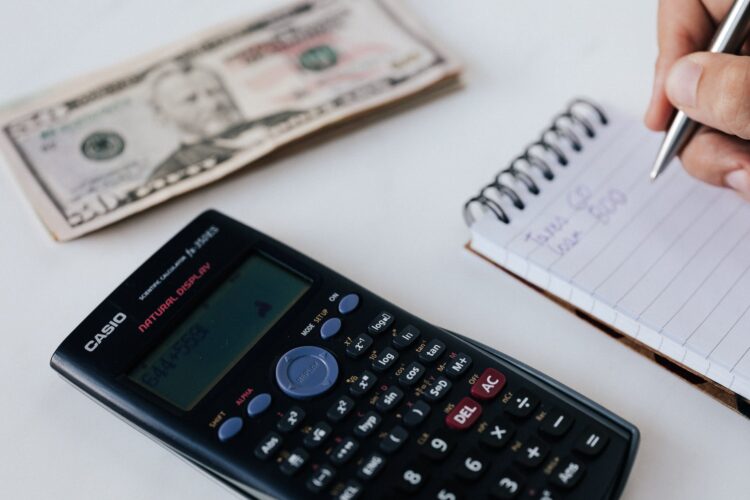Debt. It’s a word that can bring stress and anxiety to many people’s lives. From student loans and credit card bills to car loans and mortgages, debt has become a common part of our financial landscape. But do you really understand the impact of debt on you?
Debt can have a significant impact on your financial health. It can limit your ability to save, invest, and achieve financial goals. High-interest rates and fees can quickly add up, making it harder to pay off debt and get ahead financially.
Debt can also affect your credit score, which can impact your ability to borrow in the future, such as getting a loan for a car or a mortgage for a home. Understanding the true cost of debt and how it can impact your financial well-being is essential to making informed financial decisions.
So, what can you do to break free of debt and improve your financial health? Here are some tips and strategies to consider:
One of the first tips for paying off debt is to create a budget. Knowing where your money is going and how much you can afford will help you allocate toward debt repayment and develop a clear plan of action. Look closely at your monthly expenses and identify areas where you can cut back, such as dining out or entertainment expenses. Consider using budgeting tools or apps to help you track your spending and stay on track.
Adjusting your spending habits is another key strategy in tackling debt. It may require some sacrifices, but finding ways to reduce unnecessary expenses and redirecting those funds towards debt repayment can make a big difference. For example, instead of going out for coffee every day, you could make your own at home and save that money towards your debt payments. Small changes like this can add up over time and help you pay off debt faster.
To accelerate debt payoff, you can get creative with your approach. Look for ways to increase your income, such as taking on a side job or selling unused items. Consider putting any windfalls, such as bonuses or tax refunds, towards your debt instead of spending them on discretionary purchases. Another strategy is to focus on paying off high-interest debt first. This can save you money on interest payments in the long run.
Changing your habits and mindsets is crucial for long-term financial success. It may require a shift in your mindset from instant gratification to delayed gratification. Learn to distinguish between needs and wants, and prioritize debt repayment over discretionary spending. It’s also essential to develop healthy financial habits. Such as, saving for emergencies, creating a debt repayment plan, and avoiding new debt.
Being financially prepared is crucial in the journey toward debt reduction. Before you start paying off debt, it’s essential to have an emergency fund in place. An emergency fund acts as a safety net, helping you cover unexpected expenses without relying on credit cards or loans, which can further increase your debt. Aim to save at least 3-6 months’ worth of living expenses in your emergency fund. This will help you to be prepared for unexpected situations like medical emergencies, car repairs, or job loss.
Paying off debt can come with its share of challenges, from budgeting constraints to lifestyle adjustments. It’s important to acknowledge and address these challenges head-on. Stay committed to your debt repayment plan, even when it gets tough. Find ways to stay motivated, such as setting milestones and celebrating your progress. For example, you can celebrate each debt milestone, such as paying off a credit card or a student loan, by treating yourself to a small reward or doing something special to acknowledge your achievement.
Don’t hesitate to seek support from friends, family, or financial advisors. They can provide encouragement, advice, and accountability as you work towards your debt reduction goals. Remember, it’s okay to encounter setbacks along the way. But with perseverance and determination, you can overcome them and continue on your path to becoming debt-free.
Tackling debt requires not only financial strategies but also emotional and mental readiness. With the right mindset, strategies, and support, you can take control of your debt, improve your financial health, and pave the way for a more secure financial future.
Before you go, I want to invite you to join my FREE email list community. By signing up today, you’ll get notifications of my latest posts. Plus, access to my FREE Resources Library. Click Here to sign up!
Recommended Reading:

